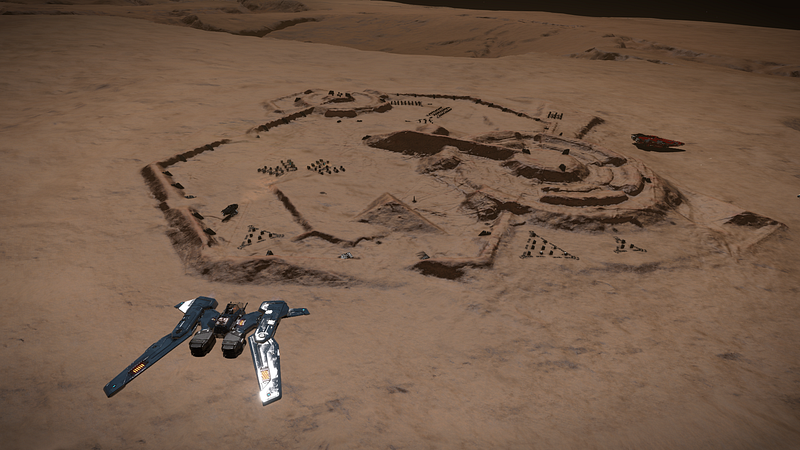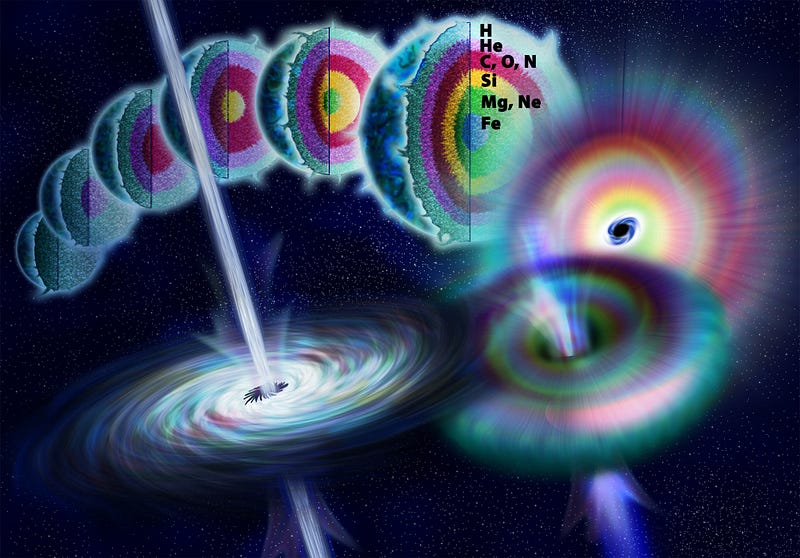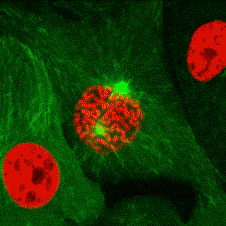The Great Filter: A Hopeful Silence in the Universe
Written on
Chapter 1: The Enigmatic Silence of Space
Silence is a powerful form of expression. It can convey emotions as effectively as words or music. When someone hesitates to respond, their furrowed brow and careful choice of words reveal inner conflict. The absence of something can be just as revealing as its presence, a key concept in the Great Filter theory.
As we look into the vastness of space, we encounter this profound silence. There are no sounds of life, no signs of flourishing ecosystems, just vacant planets adorned with stunning vistas that offer little in terms of communication. Despite our attempts to reach out, alien civilizations have remained silent, leaving humanity to navigate this serene yet lonely existence.
This silence carries significant implications. The absence of extraterrestrial life suggests that a significant hurdle, known as the Great Filter, must exist either in our past or ahead of us. This filter represents an obstacle so formidable that it stifles the development of life across the galaxy. Whether we have already overcome this filter or whether it still awaits us is an open question. If the Great Filter lies ahead, our prospects for the future appear grim; to survive, humanity must have already navigated this challenge.
Our continued existence relies on the notion that we find no evidence of alien life.

Chapter 2: The Journey of Life's Evolution
From the inception of life to its proliferation across the cosmos, a series of pivotal events unfolded. It all began with the birth of our Solar System, characterized by the emergence of a stable star, the strategic positioning of gas giants, and an abundance of essential elements like water and organic compounds—an ideal setting for life to develop.
With billions of Earth-like planets in our galaxy alone, one might assume there is no shortage of potential habitats. However, even the most suitable environments do not guarantee the emergence of even the simplest single-celled organisms.
The concept of abiogenesis posits that life arose from non-living matter—an astonishing theory. The conditions on early Earth fostered the development of self-replicating molecules like RNA, which could store genetic information and evolve through mutations. This led to the emergence of simple bacteria, which eventually gave rise to more complex forms of life, including fungi, protozoa, and algae. A crucial moment in this evolutionary narrative was the symbiotic relationship formed when a bacterium, the mitochondrion, was absorbed by another cell, enabling the host to harness energy more effectively and paving the way for more complex organisms.

Only one species—humans—has significantly utilized tools for survival and advancement. This reliance on tools marks a critical milestone in the evolution of intelligent life. However, the development of intelligence comes at a cost; our brains require vast amounts of energy, consuming around 20% of our body's total energy despite comprising less than 2% of our weight. This energy demand raises questions about whether extraterrestrial life would evolve intelligence in a similar manner.
As we stand today, we are complex, multicellular beings with a heavy reliance on tools and cognitive capabilities.
To maintain a hopeful outlook for our future, we must consider that the Great Filter lies in our past—perhaps in the origins of life or the emergence of intelligent beings. The prevalence of seemingly lifeless worlds suggests that the initial stages of life may be the critical filter we seek. However, ongoing debates, such as those surrounding the Martian meteorite ALH84001, hint at the possibility of life beyond Earth. Furthermore, we have yet to explore the most promising moons in our Solar System, which possess the right conditions for life.

Chapter 3: The Quest for Colonization
Our next step involves expanding our reach to neighboring planets and, ultimately, nearby star systems—this is the essence of the colonization explosion. However, one must wonder why no other civilizations have successfully colonized worlds around us. If life inherently seeks to expand, we should observe evidence of alien colonies harnessing energy from stars or mining asteroids. Yet, the silence persists.
Even if some civilizations are not driven to explore, it is reasonable to expect that many, like humanity, would seek to expand for survival, resource acquisition, or to escape impending disasters. Remaining confined to one location for eons does not align with the survival instincts inherent in life.
If the Great Filter lies ahead, it presents a multitude of potential threats. Our technological advancements are reshaping the planet—climate change threatens ecosystems and food supplies, while global conflicts could lead to devastating consequences. The emergence of artificial intelligence poses a risk of surpassing human intelligence, and the potential for catastrophic events from particle physics experiments looms large. Moreover, the question of interstellar travel remains unresolved—can we construct vessels capable of traversing the stars and establishing thriving colonies on distant worlds?

Chapter 4: The Fragility of Humanity
Often, we view humanity's evolution as a straightforward journey: life emerged effortlessly, natural selection led to our species, and we are destined to flourish for eons because of our intelligence and resilience. Yet, humanity is fragile. Our species has faced extinction in the past, and the challenges we encounter seem to escalate rather than diminish as we progress.
The possibility that the Great Filter may lie in our past is as plausible as the notion that it awaits us in the future. If we have yet to encounter this challenge, can we overcome what has extinguished countless potential civilizations?
The silence of the universe is often described as "golden." The less we hear from alien life, the brighter our future prospects appear. This silence, while lonely, also carries a message of hope—a reminder that our continued existence may depend on the absence of extraterrestrial signals.
The first video titled "Why Alien Life Would be our Doom - The Great Filter" discusses the existential risks posed by the potential discovery of alien civilizations and the implications of the Great Filter theory.
The second video, "The Great Filter | Robin Hanson | TEDxLimassol," explores the philosophical and scientific aspects of the Great Filter and its significance for humanity's future.